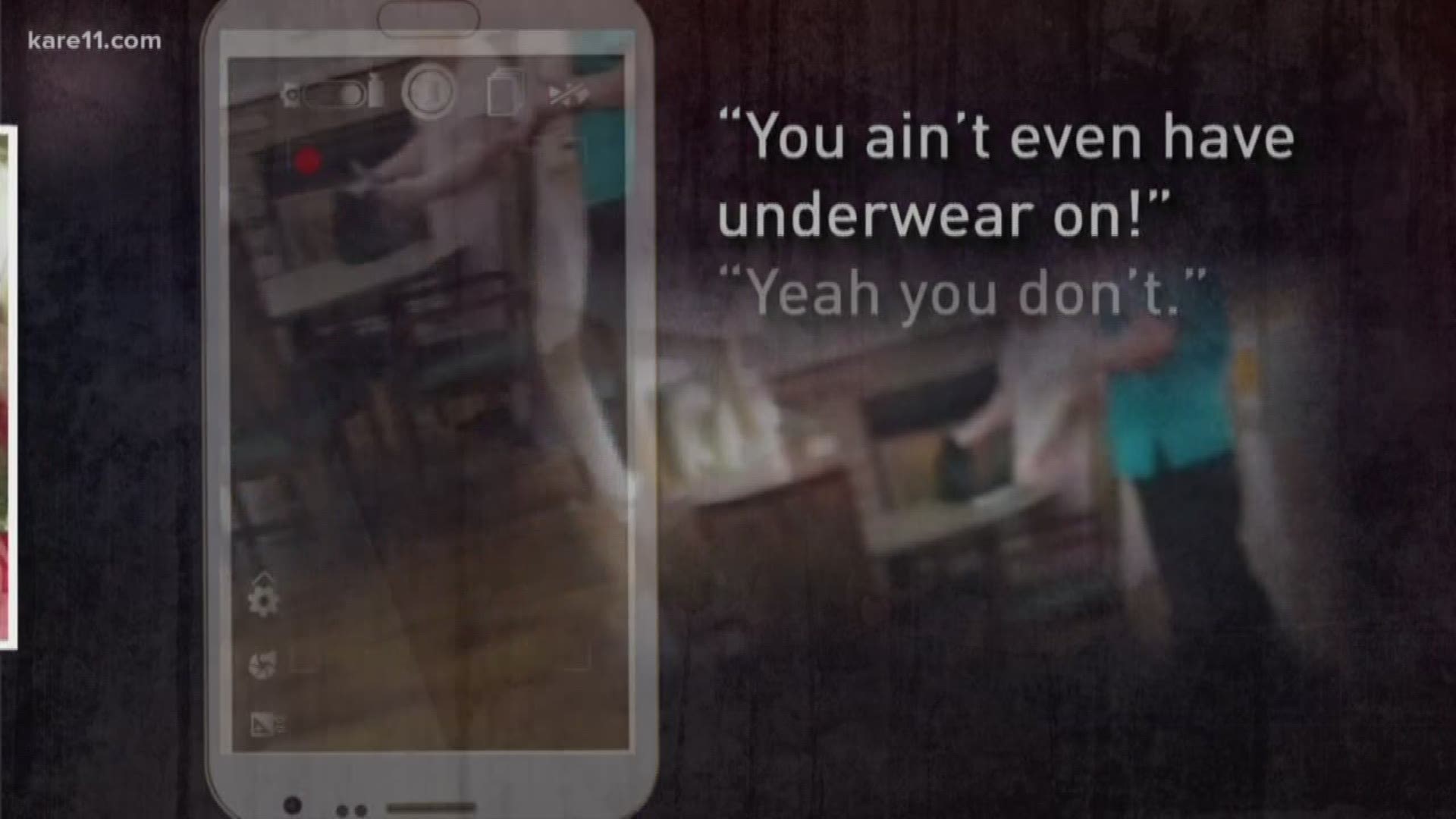There is new hope at the Capitol that solutions to Minnesota’s senior care crisis will pass this session. It is an issue KARE 11 has been highlighting for nearly two years.
Advocates for Minnesota’s vulnerable adults have been stepping up the pressure for immediate fixes to gaps in Minnesota’s law they believe leave the elderly at risk in senior care facilities.
“It’s an epidemic,” said Kris Sundberg of Elder Voice Family Advocates. “We have to have immediate protections.”
In a series of investigations, KARE 11 has exposed the plight of seniors abused and neglected in assisted living facilities and nursing homes.
Stories like Jean Krause’s sparked outrage. She was sexually assaulted by a caregiver in her assisted living facility.
“She took care of everybody and then when the time came to be taken care of with some dignity and grace, she’s put in the facility and then this happens to her,” said Bob Krause, her son.
Suzanne Edwards, a woman suffering from dementia, was abused by two aides at her assisted living home. They were caught on camera, berating, mocking and threatening her.
“I was terrified for my mother,” said her son Kent Edwards. He joined an active group of family members demanding change from lawmakers.
Yet, last year, meaningful reforms to our state’s elder care system died at the Capitol, devastating advocates.
“I can’t tell you how emotional our members were,” Sundberg said.
But she believes this year will be different. Sundberg says she is optimistic sweeping reforms proposed to protect our most vulnerable seniors will be made law.
“It’s more comprehensive than anything that has ever been considered,” she said.
What’s changed? For one, a proposal by Governor Tim Walz that’s backed by Elder Voice and other advocates and a less sweeping proposal by Senate republicans are in agreement on key issues.
Both proposals would license assisted living facilities. Right now, Minnesota is the only state that does not.
Both bills also include banning retaliation against seniors who report problems, cracking down on deceptive marketing and allowing seniors to put surveillance cameras in their rooms to prevent abuse.
Senator Karin Housley (R-St. Mary’s Point) who has spearheaded efforts in the Senate says true reform is possible this year.
“This is a top priority for Senate Republicans, for the Governor, and for the House,” she said. “There’s been so much work that has gone into it and so much consensus so let’s get what’s agreed upon. Let’s get that bill through.”
The proposals do not address every issue KARE 11 exposed. So far, neither plan gives families the right to sue for maltreatment – even after a victim has died.
That issue is highlighted by Mary Cleary’s case. Both her legs were broken at a nursing home and she was left to suffer for 19 hours before being taken to the hospital. Her family wanted to file a lawsuit for neglect, but Mary died of unrelated causes weeks later. Under Minnesota law that ended their right to sue.
“It’s a critical issue,” Sundberg agrees.
But for Sundberg and Elder Voice, the focus is on passing reforms on the table this year.
“More people have suffered and some have even died because of some of the practices going on with the bad providers,” she said. “Seniors cannot wait. Vulnerable adults cannot wait. Families cannot wait.”
With so much agreement on at least broad ideas, what could derail efforts to fix the senior care problem? Both Housley and Sundberg say it could come down to politics and finding the money to fund these reforms.

